Google faces another major legal reckoning, and this time the stakes couldn't be higher. Federal Judge Leonie Brinkema has agreed with the US Department of Justice that Google maintained an illegal grip on the advertising technology market. So what happens next? The remedy phase will decide what penalties and changes Google must implement to undo its monopoly, and the government is pushing for something unprecedented: a breakup of Google's ad tech empire.
This isn't just another regulatory slap on the wrist. Alphabet's advertising-related revenue represented the majority of its business in 2024 (Alphabet reported roughly $350 billion in total revenue in 2024; advertising makes up the largest share), and YouTube's ad revenue alone was about $36.1 billion in 2024. The implications stretch far beyond Silicon Valley boardrooms; this could reshape how the internet economy operates.
What exactly did Google do wrong?
Let's break down the core issues that landed Google in hot water. The court found that Google violated Section 2 of the Sherman Act by willfully acquiring and maintaining monopoly power in two markets: open-web display publisher ad servers and open-web display ad exchanges. What does that look like in practice?
Think of Google's ad tech operation like controlling both sides of a marketplace, and the marketplace itself. Google's DoubleClick service had a 91% worldwide share in publisher ad servers, while its AdX platform dominated ad exchanges. The judge found that Google implemented technical and policy restrictions that blocked publishers from receiving real-time bids from AdX unless they also used DoubleClick. It is like being forced to use a specific bank to access a particular stock exchange, anticompetitive by design.
The court also highlighted specific practices that choked off competition. Google’s "First Look" policy gave bids on AdX a chance to win auctions before bids from other exchanges were even seen. Even more problematic was the "Last Look" policy, which let AdX adjust bids in response to the highest bid from rival exchanges. Imagine playing poker where one player sees everyone else's cards, then changes their bet.
When pressed, Google argued these restrictions helped reduce spam, fraud, malware, latency, and other quality issues. The court did not buy it. Judge Brinkema determined that those justifications were pretextual and did not credit them.
The government's nuclear option: breaking up Google
Here is where things get serious. The US government will argue that Google should spin off its ad publisher and exchange operations. This is not about fines or promises to behave better; it is about forced divestiture of core business units.
The DOJ's proposal is comprehensive and aggressive. They want Google to sell its AdX ad exchange and implement a phased divestiture of DFP, Google's publisher ad server. It does not stop there. In its proposed remedies, the DOJ seeks structural limits, including divestiture of AdX and conditions that could bar Google from operating an ad exchange for a multiyear period (reports indicate a 10-year restriction is among the options in DOJ filings).
The financial implications are staggering. An escrow account funded by Google would utilize revenues from AdX and DFP starting from the liability ruling, potentially totaling $15 billion. Not exactly pocket change.
This is the most ambitious attempt to restructure a tech giant's core business since the Microsoft antitrust case decades ago. Unlike actions that focus on promises and monitoring, the government is demanding structural separation of business units that have been integrated for more than a decade.
Google's counterargument: "not so fast"
Google is not going down without a fight. The company proposes a lighter punishment that keeps its ad empire intact but tweaks the bidding system to benefit publishers. It argues that separations of its technologies are uncertain to succeed and proposes a six-year supervision period, shorter than the DOJ's 10.
Judge Brinkema indicated in a May hearing that she is open to splitting up Google. She noted that eliminating the ad exchange would remove the connector between publishers and advertisers, letting both sides use any exchange they want. That openness to structural remedies matters; it suggests behavioral tweaks might not be enough to restore competition.
Google's internal documents revealed another troubling piece: the company used AdX to extract high rents from publishers, keeping a 20% usage fee per ad sold for more than a decade. When you control both the auction house and the payment system, those fees are essentially non-negotiable.
The market, oddly upbeat, seems to think Google will be fine. Alphabet shares have fluctuated since the liability decision; market reactions have varied (e.g., modest single-digit jumps on some rulings and larger YTD moves driven by broader factors), a sign investors expect the company to weather the storm. That confidence might be premature, given the severity of the proposed remedies.
The broader implications: what this means for the internet
This is more than another tech company running afoul of regulators. It is the biggest effort by the US government in more than two decades to challenge the grip a single company holds over an industry, and the ripple effects could reshape how the digital economy functions.
Consider the backdrop: the ad tech industry in the US was worth more than $300 billion as of 2025. Meanwhile, the US news media market's print ad revenues shrank from $12 billion in 2017 to $5 billion last year, while digital ad revenues stayed flat at $5 billion annually. Google's dominance is not just about tech; it is about who controls the financial plumbing that keeps much of the internet running.
The international angle adds pressure. The European Commission fined Google 2.95 billion euros ($3.47 billion) over its control of the ad tech market, but Brussels ordered behavioral changes, drawing criticism for going easy on Google. The US push for divestiture is a far more aggressive stance that could set a global precedent.
When DOJ officials praised the ruling and signaled continued aggressive enforcement, they hinted at a broader shift. Attorney General Pam Bondi called it a "landmark victory in the ongoing fight to stop Google from monopolizing the digital public square." The message is clear: this is about the architecture of the digital economy.
What happens next: the path forward
The remedy hearing is now underway in the US District Court for the Eastern District of Virginia, with the remedies phase slated to last two weeks. This is not just about Google. It is a test of how the government will handle other tech giants under similar scrutiny.
The timing could not be more significant. As Judge Brinkema noted, advertising funds are the "lifeblood" of the internet. How this resolves will shape whether we get a more competitive, diverse ad ecosystem or see continued consolidation under tech giants.
There are limits to the case, too. The court ruled in favor of Google on one count, that Google monopolized the market for "advertiser-side ad network" services, after finding the plaintiffs failed to prove this was a distinct antitrust market. Even in aggressive enforcement, the government has to clear high legal bars, which makes its wins matter more.
Google has indicated that it planned to appeal the ruling, so this could drag on for years even after the remedy phase. Appeals typically do not prevent remedy implementation, which means Google could begin divesting assets while fighting the decision. Structural changes may start before the legal saga ends.
Bottom line, this is not another speed bump for Google; it is the start of a possible rewiring of digital advertising. Whether the judge orders a breakup or accepts lighter remedies, the era of unchecked dominance in ad tech looks like it is ending. If I had to guess, some form of structural split is coming, then a scramble as the industry adapts.
PRO TIP: Keep an eye on how other tech companies respond to this ruling. If Google faces forced divestiture, you can bet that Amazon, Meta, and others are already preparing for their own potential antitrust challenges. The ripple effects of this case will likely extend far beyond just Google's ad tech empire.




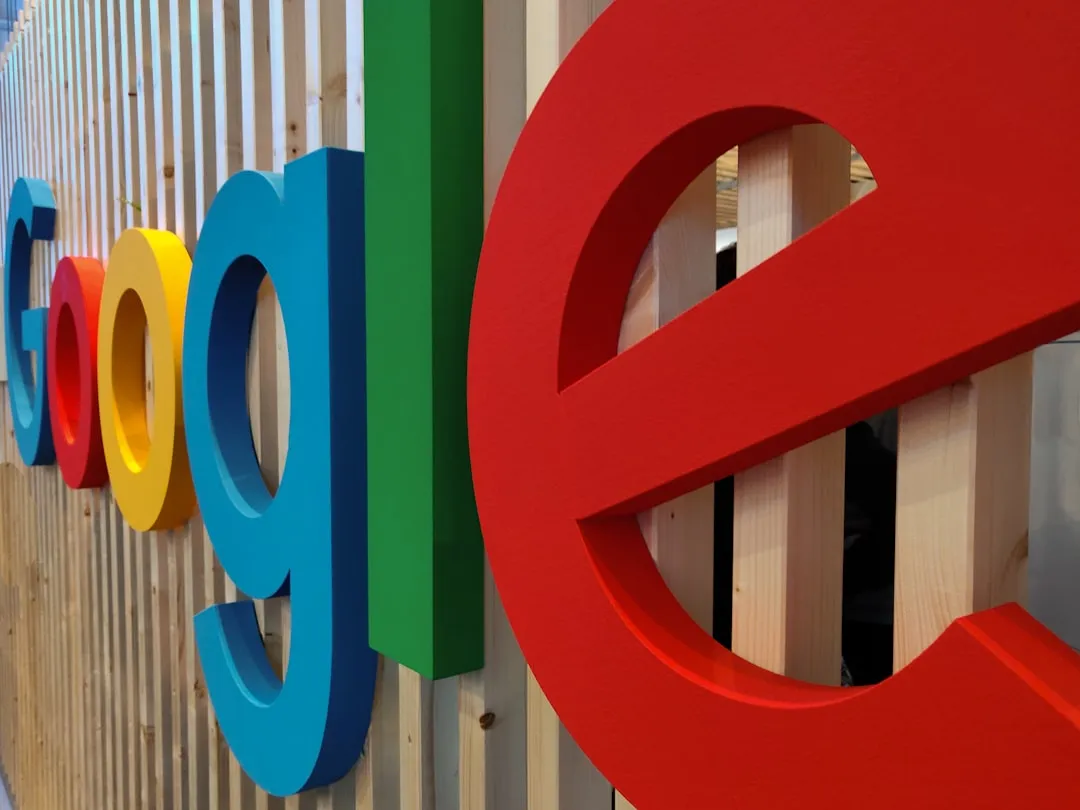



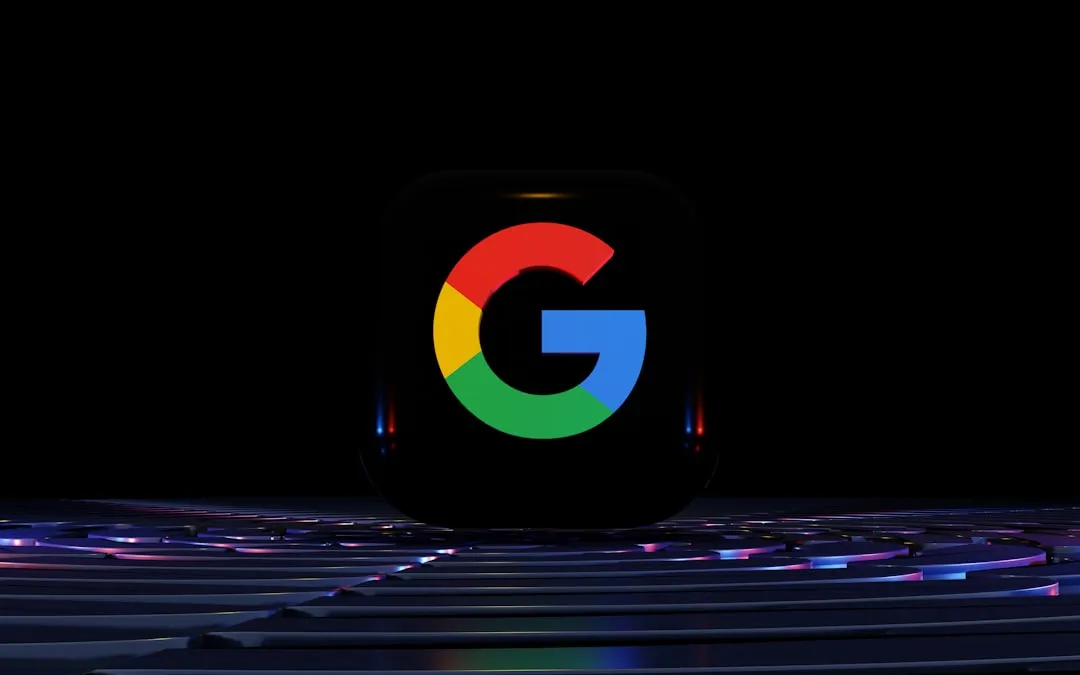





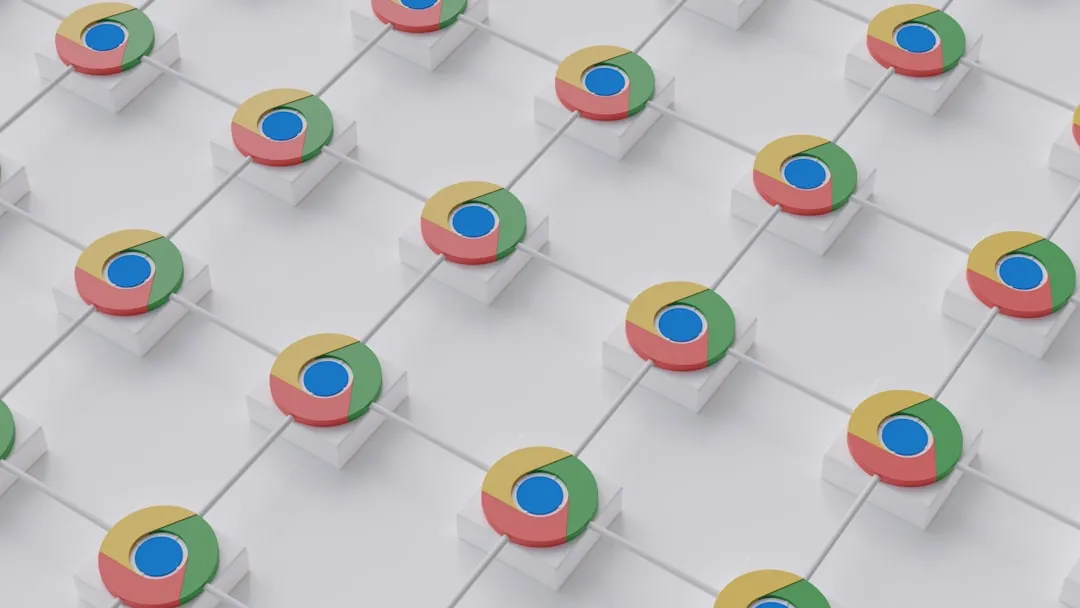


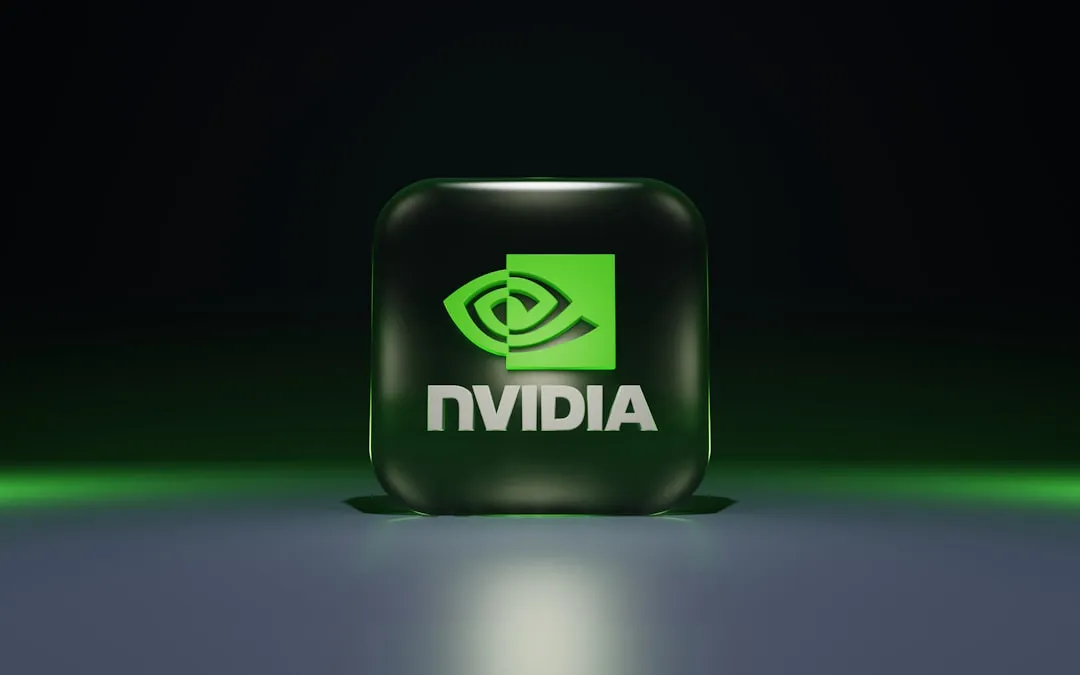





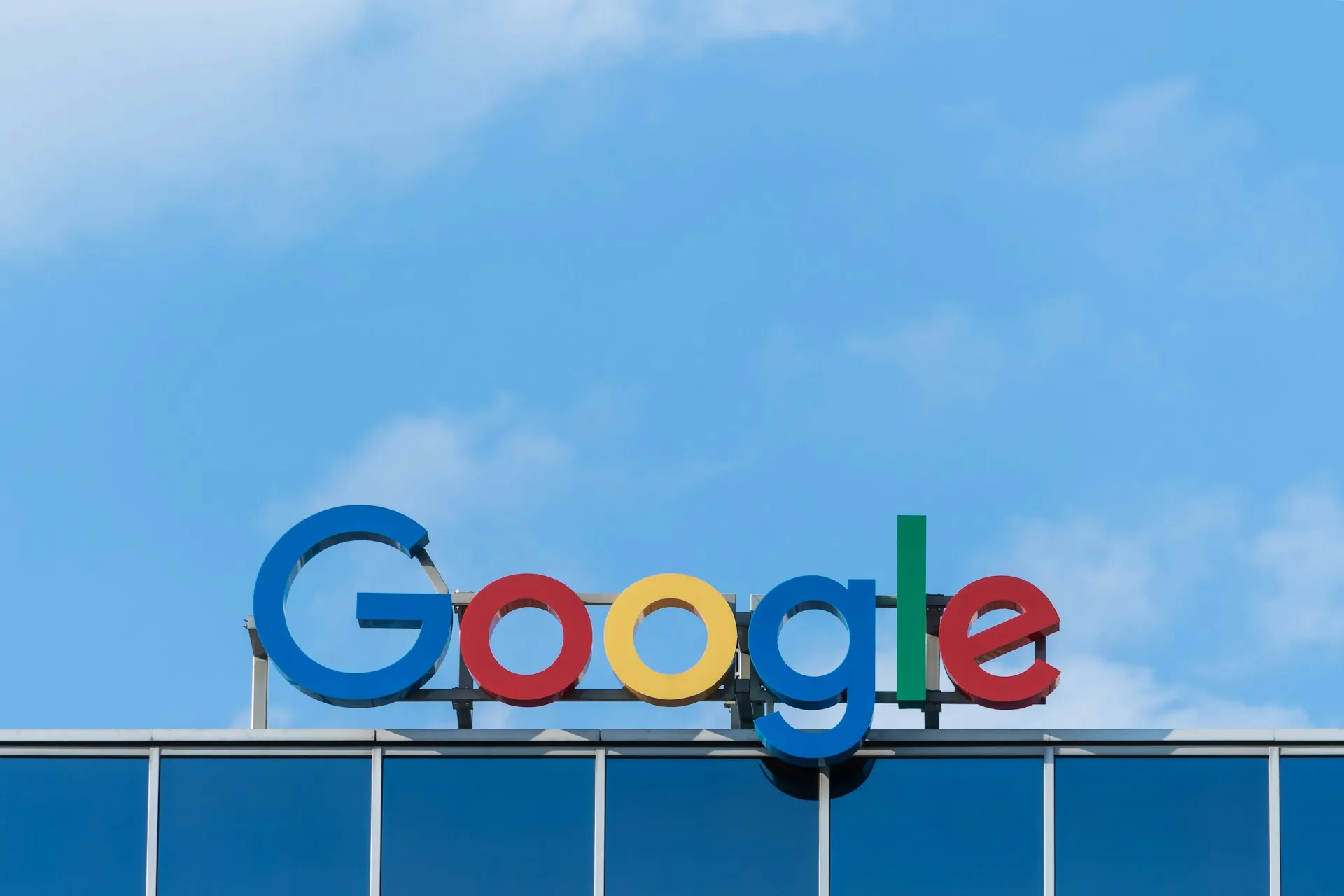
Comments
Be the first, drop a comment!